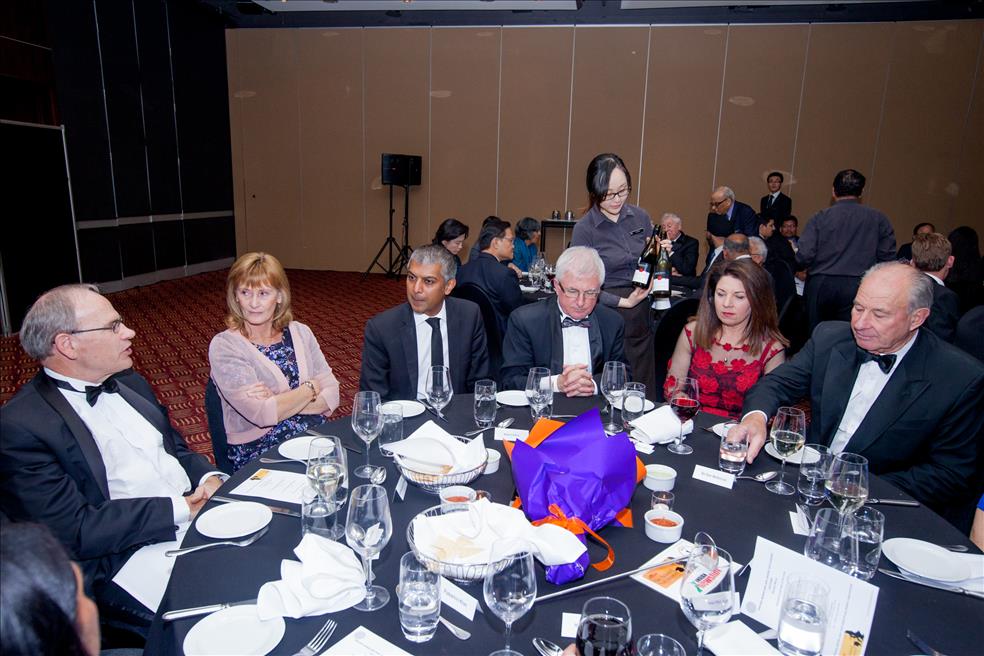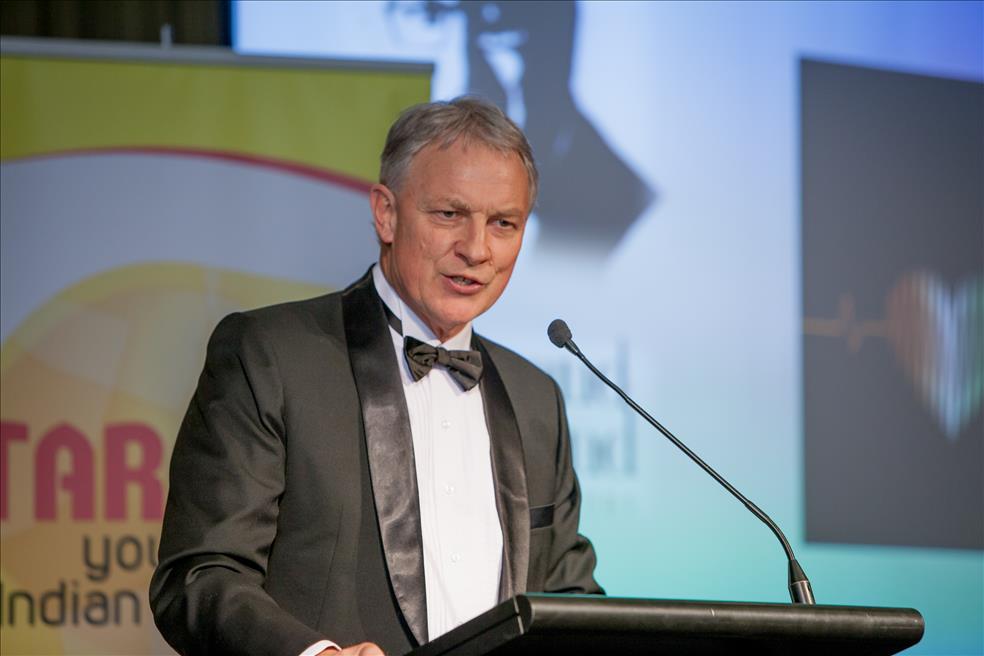How do you encourage backpedalling from dictatorial control?
First, having a good election is important but putting more emphasis on the other essential elements is probably more important. That is the building of institutions that people can trust. The Courts, Tax Department, Police and Military are all important and have a role to play in every country.
Political leaders must be prepared to put limits on themselves in government.
This is the real value in the separation of powers.
Maybe a problem is that we place more effort on immediate satisfaction than long term investment.
Governments are there for today and tomorrow, therefore we must know what is possible not just what we want.
More than 2000 years ago, Plato said, “Citizens live day-to-day indulging the pleasures of the moment with short term needs.” Well not much has changed.
Democratic China
For China, democracy will come someday.
But when you have growth rates of 7% to 8%, people can feel very satisfied.
However, as the Chinese middle class grows and expands, those people will want a greater say and democracy either will evolve or a revolution will take the country forward or possibly backwards.
Nothing that is good about governing mechanisms can happen rapidly, but remind ourselves of some real democratic benefits.
Changing mind-sets
Democracies do not go to war against each other, they tend to be wealthier, they are prepared to constantly modify their institutions but the principles of people power remain.
So how do we encourage the changes in those states where power is very central or just straight dictatorial?
Aid programmes by western countries must see more than just a free and fair election.
Election observers come and go. That is not good enough, and those from the international community helping to establish democracies must stay the distance.
Greater transparency in governments, especially in their finances, must be the catch cry. Letting daylight in to the mechanisms of government always acts as a precursor to better practice.
Zigzag better
I have always believed that governments that zigzag their way through life tend better to reflect public opinion, occasionally get it wrong, but better than a straight line bending ever so slightly and ending up in the wrong place.
Countries learn by their mistakes and they should be allowed to make them.
Look at those countries that left democracy in the 1930s (Spain, Germany, Italy for instance); they eventually came back to it, learning by their mistakes and arrogance and ultimately listening to the people.
The Pacific Islands
New Zealand has a special role to play. We have been a democracy since the 1850s, and have a reasonable track record.
We sometimes do things that don’t work, but we learn by it.
We have a big commitment to assisting the building of democracy and its institutions in the Pacific Islands.
But we have to remember that these are also traditional societies, and you cannot just transplant a good idea from New Zealand and expect it to flower.
Whatever you try and help these Island countries with, it must fit the local landscape, recognise a different culture, the local people must be part of the design, build and operate. Only then does it have a chance of survival.
I have seen too many examples of democratic structures, seemingly dropped into a developing country from a helicopter, and the donor country wonders why it never takes root and grows. It was not designed by the people, they don’t have ownership, they will never nurture and defend it.
Mind you, I have some surprisingly quick adaptations; from Lesotho in 1999.
So yes, there is much that we can do. Pump more oxygen into those countries where democracy is under threat. Put more effort into showing people why democracy works. As the late British Prime Minister Sir Winston Churchill said, “Democracy maybe the worst form of government but the best that has been tried so far.”
Pinpoint the failings that were about the abuse of democracy rather than the virtue.
The worst thing we can do is believe that democracy looks after itself, that once it is introduced it can be ignored.
Democracy is a journey not a destination and it must be improved continuously.
And let’s not forget that the culture of democracy is the hardest aspect to change.
The above was the final instalment of the Speech (edited version) delivered by Sir Don McKinnon, Former Secretary General of The Commonwealth and Former Deputy Prime Minister and Foreign Minister of New Zealand at the fourth Annual Indian Newslink Sir Anand Satyanand Lecture on Monday, August 28, 2014 at Pullman Hotel. Phil Goff, former Foreign & Trade Minister was the Master of Ceremonies. The first two parts appeared respectively in our August 1 and August 15 issues. These are available online (www.indiannewslink.co.nz) under respective archives. Sir Don is currently Chairman of Regional Facilities at Auckland Council.

At the Lecture (from left) Auckland Mayor Len Brown, Mary Goff, Radio Tarana Managing Director Robert Khan, Trade Minister Tim Groser, Lady Clare and Sir Don McKinnon

Phil Goff, Master of Ceremonies (Picture by Narendra Bedekar)





